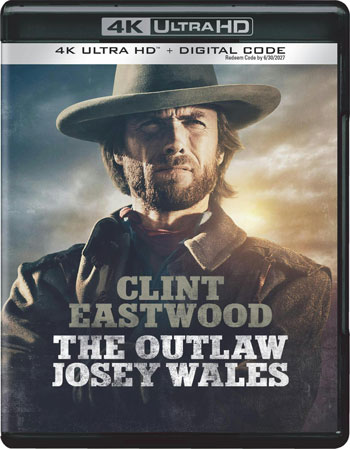
Warner Bros.
In the wake of Clint Eastwood’s ridiculous appearance at the 2012 Republican National Convention, the actor’s personal politics became recontextualized as entirely regressive by a generation that hadn’t grown up with his films. Eastwood had long been a sort of Hollywood contrarian who delighted in being difficult to categorize, and in playing characters who could shock the sensibilities of his peers. After 2012, all that nuance disappeared.
This is the long way of saying that there’s a generation of Americans looking into older films who find The Outlaw Josey Wales, hear that Clint Eastwood is playing a Confederate on the run and dismiss the film out of turn as some kind of “lost cause” propaganda.
That’s a real shame because The Outlaw Josey Wales isn’t just one of the very best Westerns of the 1970’s but it’s also precisely the sort of thoughtful social commentary that the audience I just described would appreciate.
It’s a film about social alienation, healing from trauma, resisting lazy stereotypes, and having the courage to rebuild your life after you fall as well as being an excellent Western with plenty of shootouts and set pieces– a film that works on all levels.
Eastwood plays the eponymous Josey Wales, a Missouri farmer whose farm is torched and family slaughtered by Redleg regiments led by Captain Terill (Bill McKinny) in the “Bleeding Kansas” skirmishes that preceded the Civil War. Seeking revenge, Wales joins up in turn with a Jayhawk regiment led by Captain Fletcher (John Vernon).
His actual tour of service is only alluded to in a montage over the opening credits, but the film picks back up in 1865 with the war all but over and Fletcher convincing his men into voluntarily surrendering to Union troops for a negotiated amnesty.
The surrender turns out to be a trap, and when Wales survives along with a young fellow bushwacker named Jaime (Sam Bottoms) Fletcher and Terell are dispatched to hunt Wales to the ends of the Earth. What follows is almost a road film as Wales picks up various oddball characters like the old Cherokee tracker Lone Watie (Chief Dan George), Little Moonlight (Geraldine Kearns) a young Navajo woman, and Sarah and Laura Lee Turner a pair of Kansans who are ambushed by outlaws on their way to Texas.
All this builds to a climactic showdown in Texas with the bounty killers chasing the newly formed family and an equally memorable parlay with Ten Bears (Will Sampson) to gain permission to settle near Comanche lands.
The film began life as a novel, Rebel Outlaw: Josey Wales written by Forrest Carter, a former KKK member who was posing as a Cherokee. Eastwood’s production company, Malpaso, received the novel on spec and while Eastwood found much of the novel problematic he was impressed with the regional period detail and the core story of an emotionally wounded veteran rebuilding his life while being on the run.
After a rewrite from Michael Cimino and Philip Kaufman, Eastwood had a filmable script. Kaufman was initially tapped to direct, but Eastwood found him to be too slow and took over the director’s chair.
Josey Wales is a journey in roughly three stages: from the opening to Jaimie’s death; from meeting Lone Watie to rescuing the Turner family, and then the finale in Texas.
The lone criticism I can offer is that Outlaw Josey Wales is a film that never quite regains the strength of its opening third– which is one of the very best in any American western, ever. Like all road trip films there are peaks and lulls but the first hour of the film is laser sharp in focus and incredible in its location photography.
The “autumnal” look of later Eastwood westerns is perfected here and gives the film amazing visual depth and texture from the cat and mouse game around the Missouri river to the quick draw gun fight in a Texas saloon. Very few films look the way Josey Wales does.
The key strength of the film, and what I think will keep it vital for many years to come, is that Eastwood’s whole persona is inverted in this film: the prime Eastwood is a taciturn loner who has checked out of “the system” (see: Dirty Harry throwing his badge away; Blondie leaving Tuco in the graveyard and then freeing him via rifle bullet, the spectral force for justice in High Plains Drifter). In this film, Josey is as tough as any Clint character but the journey of the film is the journey of a man realizing once again that life is worth living and that peace is possible between people, even if it isn’t between nations.
Extras include commentary from film critic Richard Schickel, and featurettes.
Recommended.




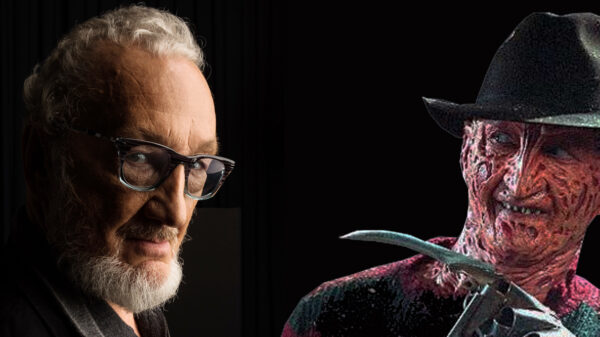
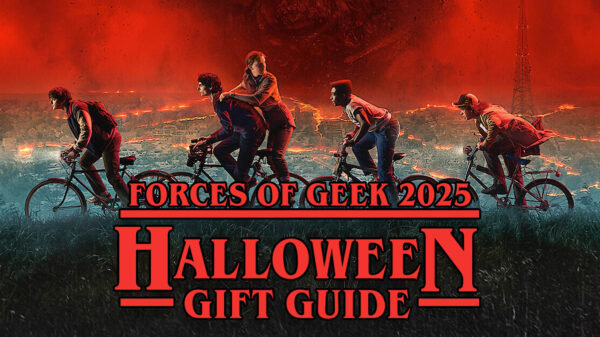
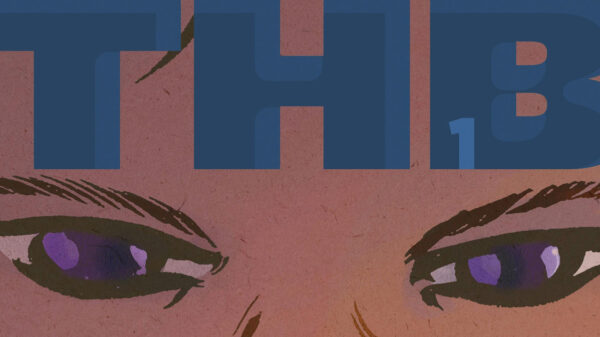

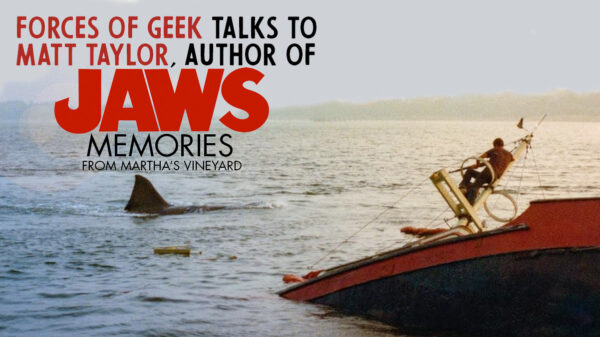
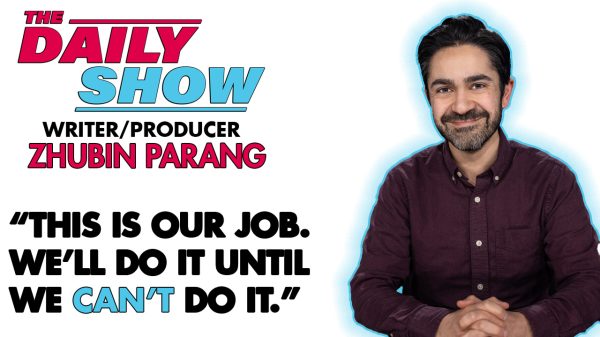
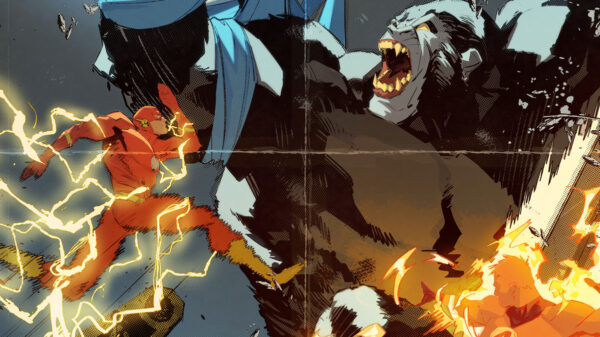
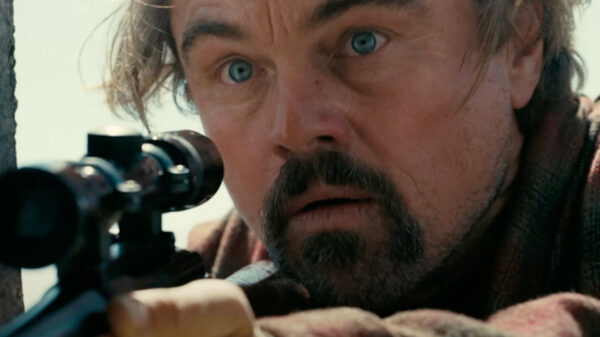
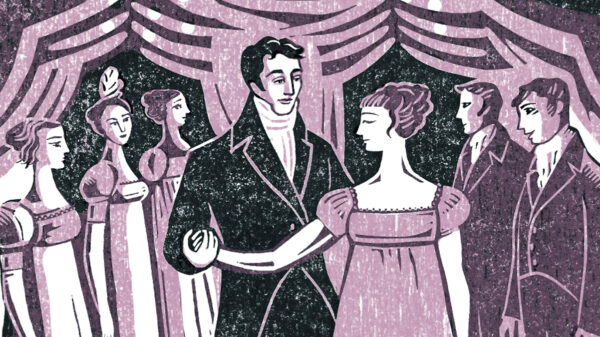
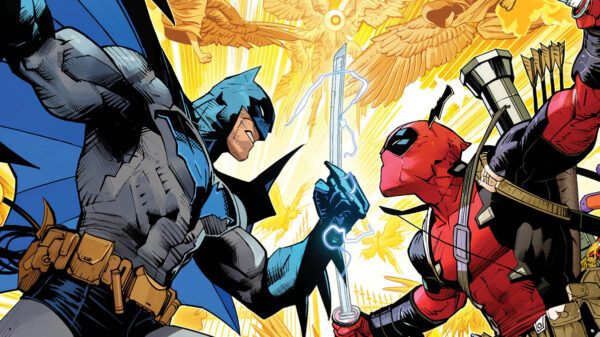
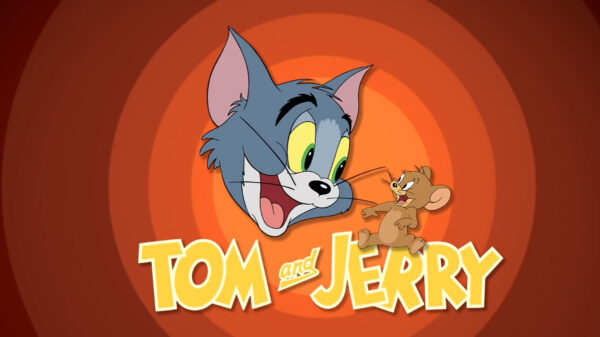



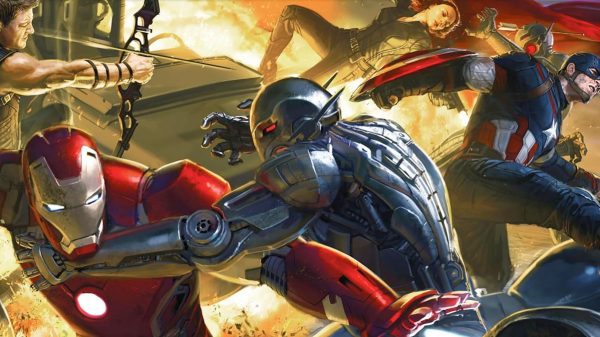

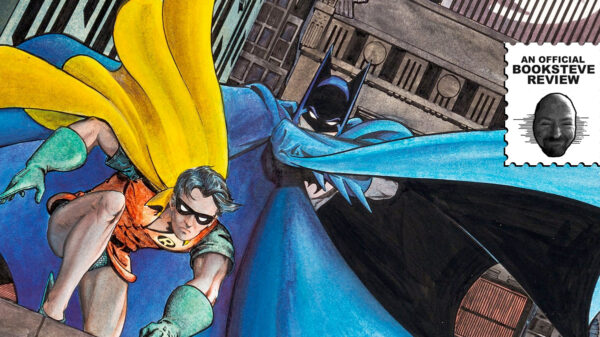
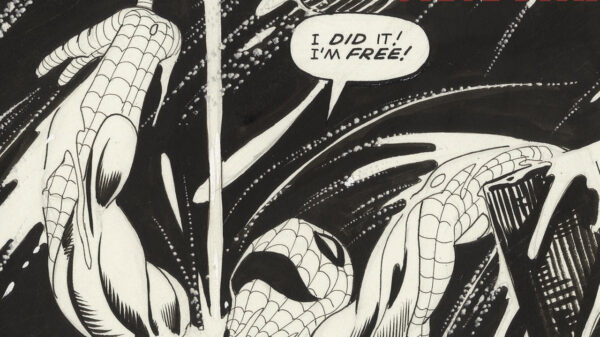
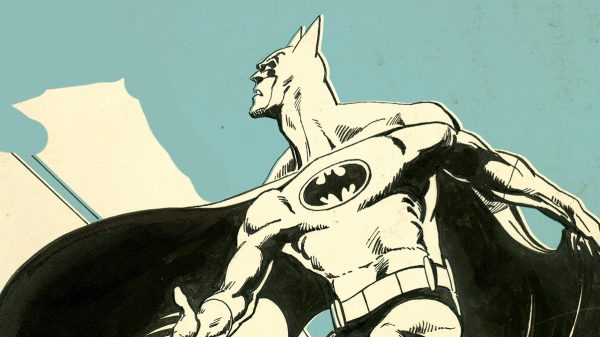

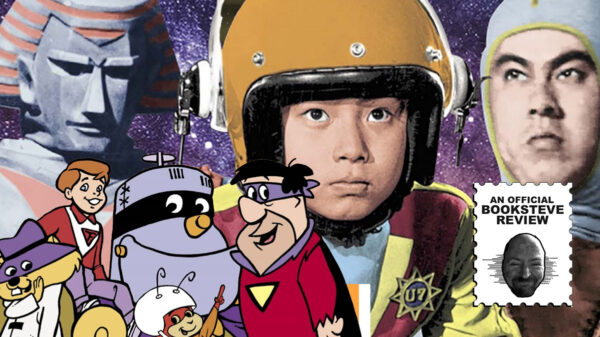
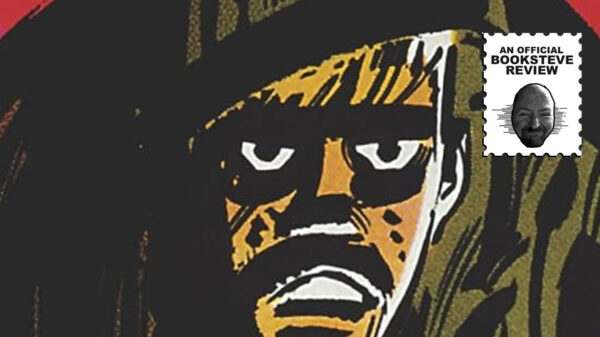
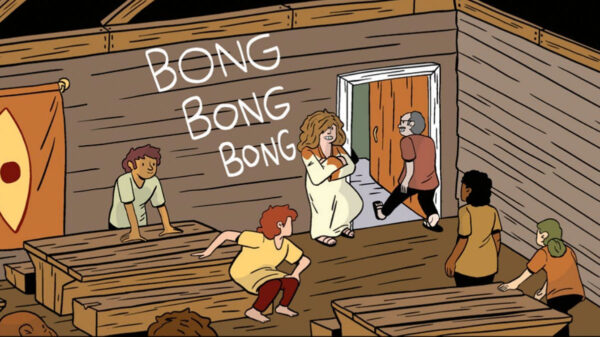
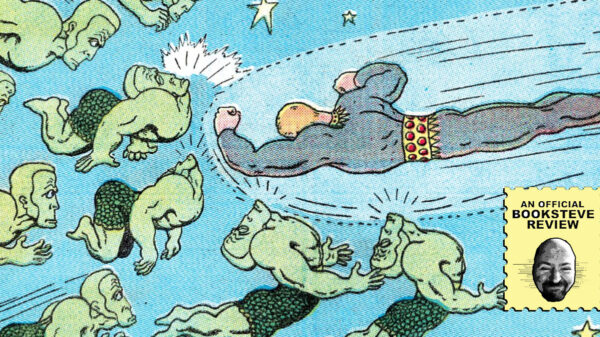
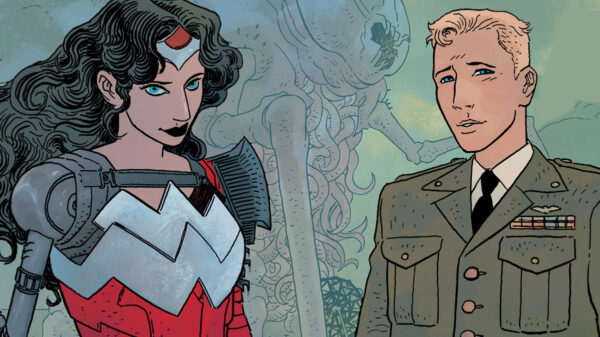









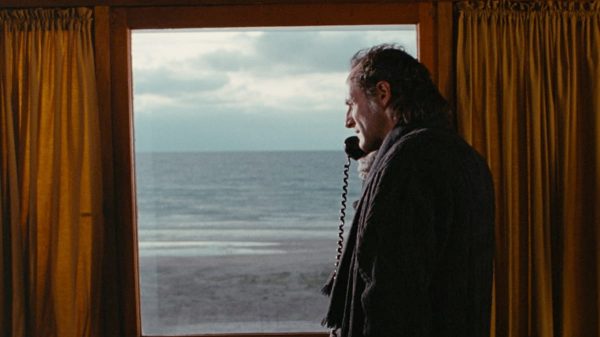
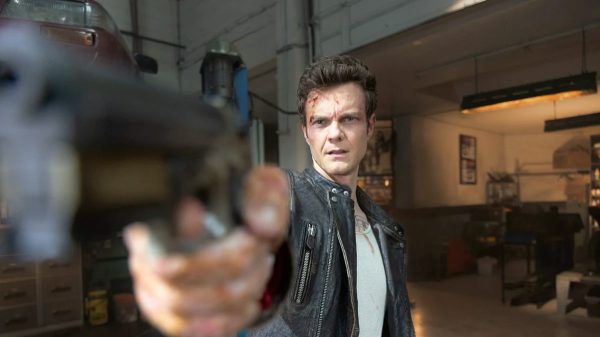
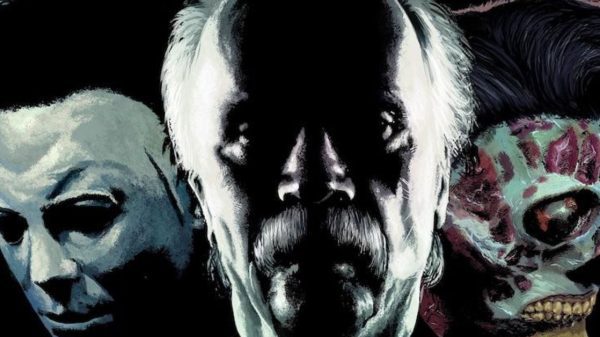
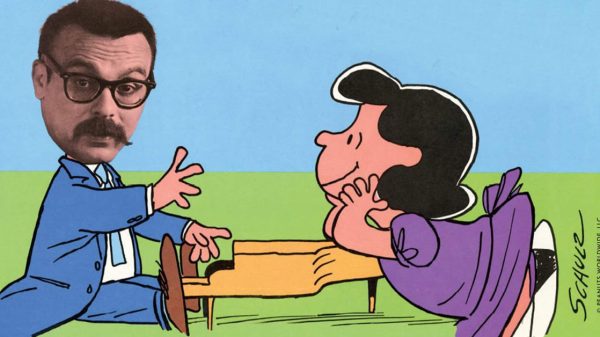
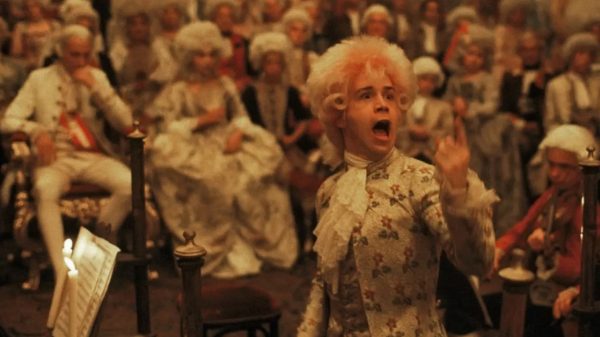











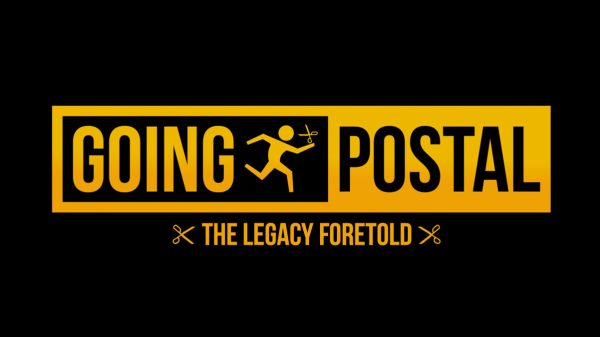
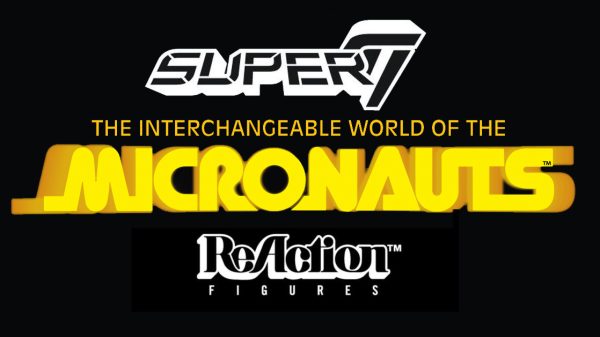
















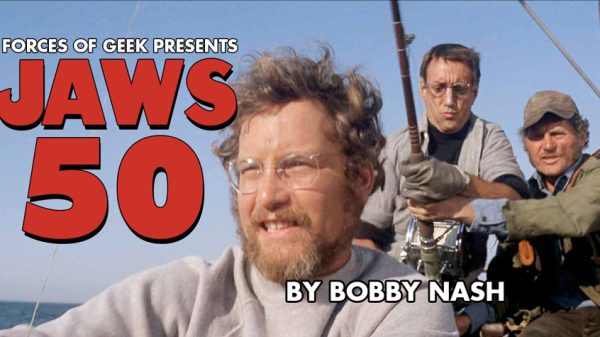









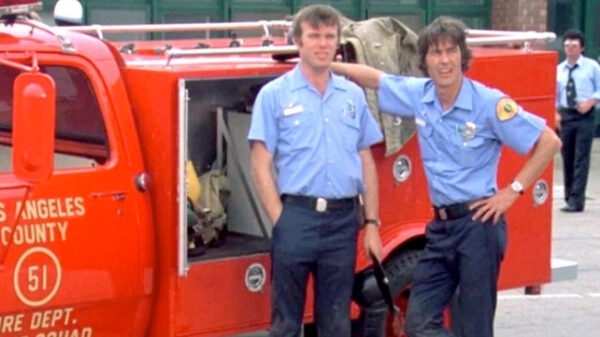
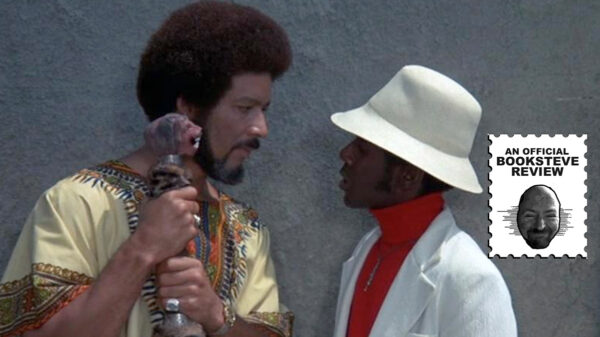
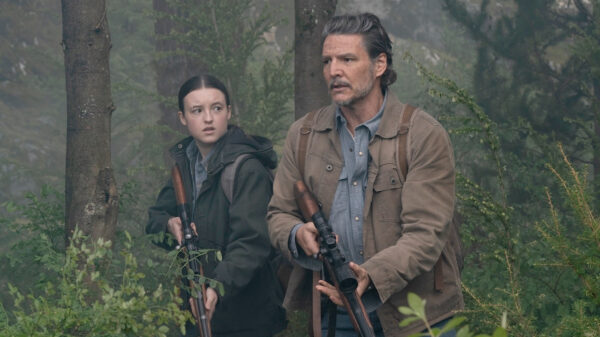




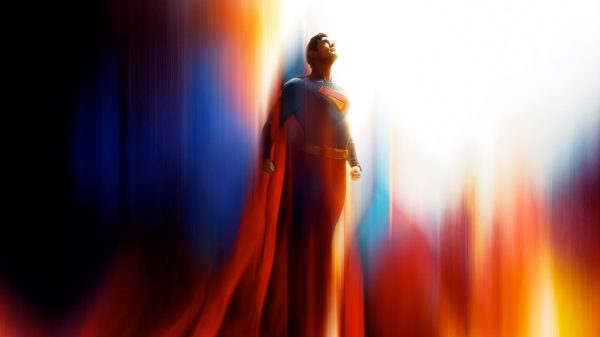
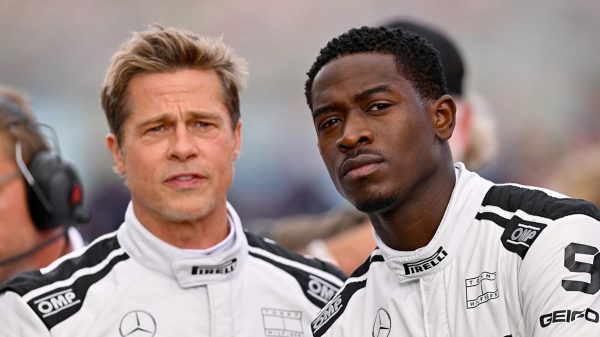
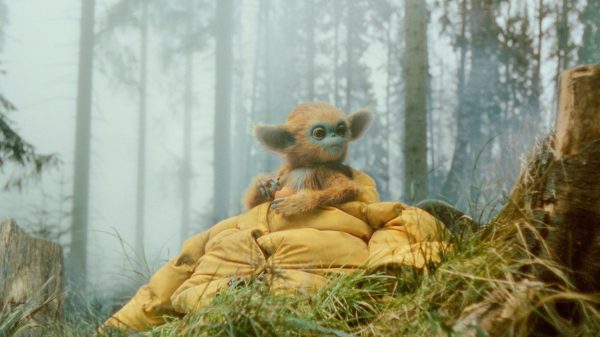



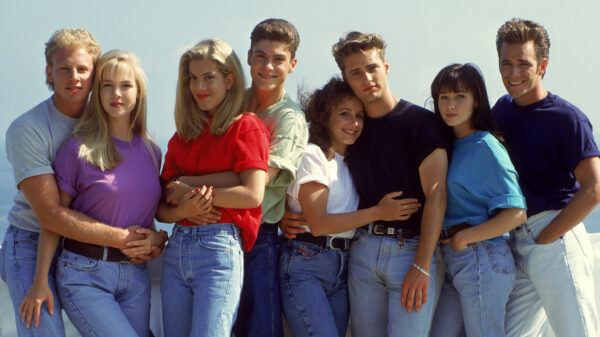
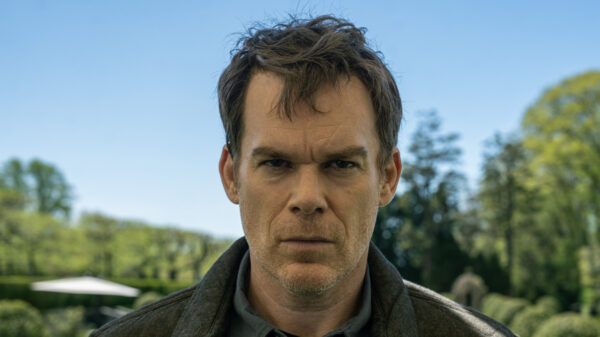
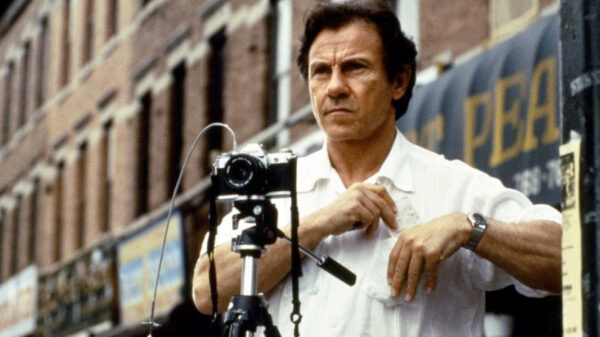
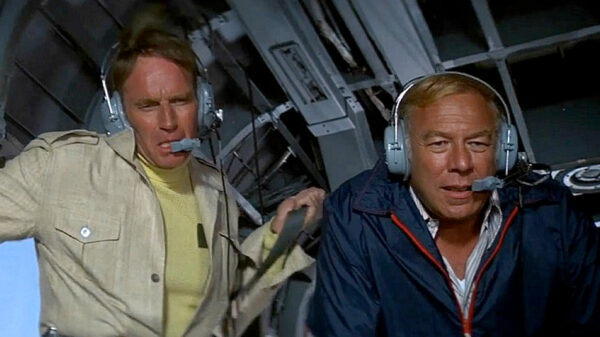




You must be logged in to post a comment Login